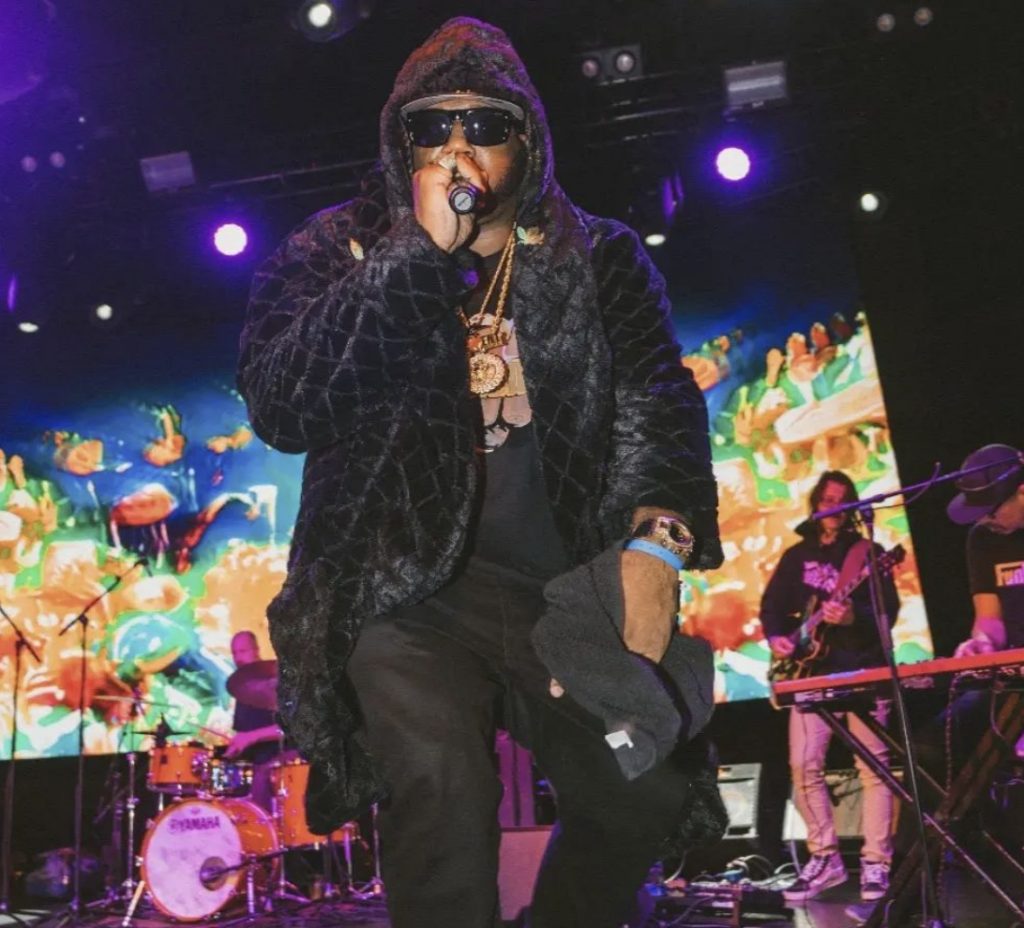
From the heart of Boston’s bustling streets to the dense projects of Worcester, Big Nate All-Star — a name that resonates with resilience — emerged from the shadows of systemic oppression. Born into a world where the color of one’s skin could determine one’s fate, Nate’s journey began amidst turmoil when his father, Willie Bennett, fell victim to a grievous miscarriage of justice. In 1989, Charles Stuart spun a false narrative, claiming a Black man had shot him and his pregnant wife Carol. His lie led to the wrongful accusation and arrest of Willie by the Boston Police, who canvassed the Mission Hill neighborhood in particular, harassing Black men in search of an assailant who did not exist. Alan Swanson, another Black resident, was also wrongfully accused and arrested. Months after Carol’s killing, authorities learned that Charles carried out the shooting. In early 1990, Charles Stuart drove to the Tobin Bridge, parked his car, and jumped to his death.
The blatant act of racism by Charles, supported by the media and the legal system, sowed chaos in Nate’s family and community, spotlighting the generational cycle of oppression perpetuated by falsehoods.
The HBO documentary “Murder in Boston: Roots, Rampage & Reckoning” delves deep into the systemic flaws that not only shattered families but also underscored the urgent need for reform. It was a story of racial prejudice embedded within law enforcement, the justice system, and media, stretching its dark shadows over the late ’80s and ’90s. Boston Mayor Michelle Wu gave Willie (and Alan Swanson) a belated apology on behalf of the city in late 2023, meanwhile, the Bennett family’s struggle for justice and compensation continues, a testament to their unbroken spirit.
Despite the turmoil swirling during his upbringing, Big Nate found solace and success in sports, making it as far as being drafted into the MLB. However, duty called him home early to care for his ailing mother, during which time he faced his own brush with the law — a wrongful marijuana distribution charge that cut his baseball dreams short. Yet, these challenges only fueled his determination.
 Charles Stuart’s cowardice left a stain of injustice that the discovery of hidden evidence could not wash away. Willie Bennett was accused in a separate case and spent years incarcerated for armed robbery, a crime he has always maintained he did not commit. His time in prison is a silent testament to the endurance of an innocent man against a flawed system.
Charles Stuart’s cowardice left a stain of injustice that the discovery of hidden evidence could not wash away. Willie Bennett was accused in a separate case and spent years incarcerated for armed robbery, a crime he has always maintained he did not commit. His time in prison is a silent testament to the endurance of an innocent man against a flawed system.
In the throes of these trials, cannabis became a balm for Willie and Nate, a leafy refuge from the relentless storm of their realities. But it was through music that Nate truly found his voice. In his song “10 Body Commandments,” he weaves tales of loyalty, survival, and the unwavering bond of family, echoing the resilience of those who refuse to break beneath the weight of injustice.
Big Nate’s music is more than just rhythm and rhyme; it’s a portal to a life marked by struggle yet defined by an indomitable will. Through witty street vernacular and raw, real-life narratives, he paints vivid pictures of a life overshadowed by wrongful charges and the relentless quest for justice. His visuals are not just compelling, they are a reminder of his lineage, of being the son of a man wrongfully ensnared by a system designed to oppress.
In every verse, every beat, Big Nate All-Star channels the pain, the hope, and the relentless spirit of a community yearning for justice. His story, etched against the backdrop of systemic failure, stands as a beacon for those fighting to break the chains of oppression, reminding us all that the power of truth, and the resilience of the human spirit, can never be silenced.
